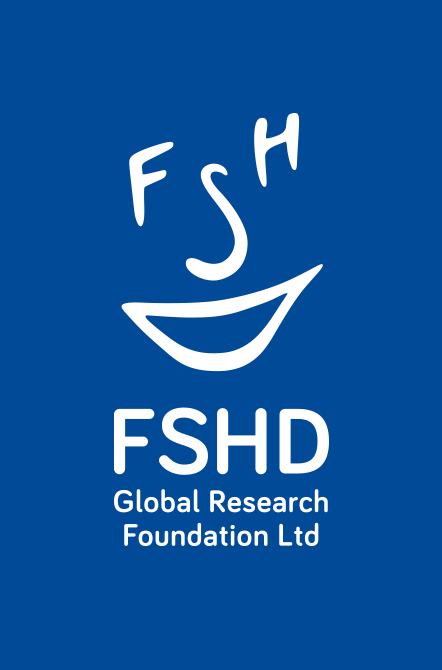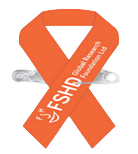GRANT 13
Research Institution: Sydney IVF, Australia
Principle Investigator: Dr Leslie Caron
Type: Australian Research Grant
Project title: “Bill Moss AO Fellowship for Dr Leslie Caron”
Status: Completed
Summary
CRISPR technology provides an avenue for targeting and correcting virtually any sequence in the human genome, with long-term or permanent beneficial effects. Thus, it has the potential to cure the root cause of a disease such as FSHD, rather than merely treating symptoms. Although typically used for gene editing (in which DNA is cut and replaced, allowing conversion of a disease-causing mutation to the normal sequence), CRISPR can also be used to change the expression level of a disease-causing gene (e.g., CRISPR inhibition turns a gene off) without cutting the genome. FSHD is caused by mis-expression of the DUX4 gene in skeletal muscle, and could potentially be cured by either CRISPR editing or CRISPR inhibition. Because FSHD is associated with highly repetitive DNA sequences, there are a number of concerns with a CRISPR editing approach that introduces many cuts into the genome. CRISPR inhibition circumvents these problems and is a viable approach for FSHD. The goal of this project is to test the efficacy, specificity, and stability of this approach in two novel mouse models of FSHD, including a xenograft model that will allow us to study the effects of CRISPR inhibition in human muscle derived from FSHD patient cells. This project is being jointly supported by the FSHD Global Research Foundation and FSHD Canada Foundation.




